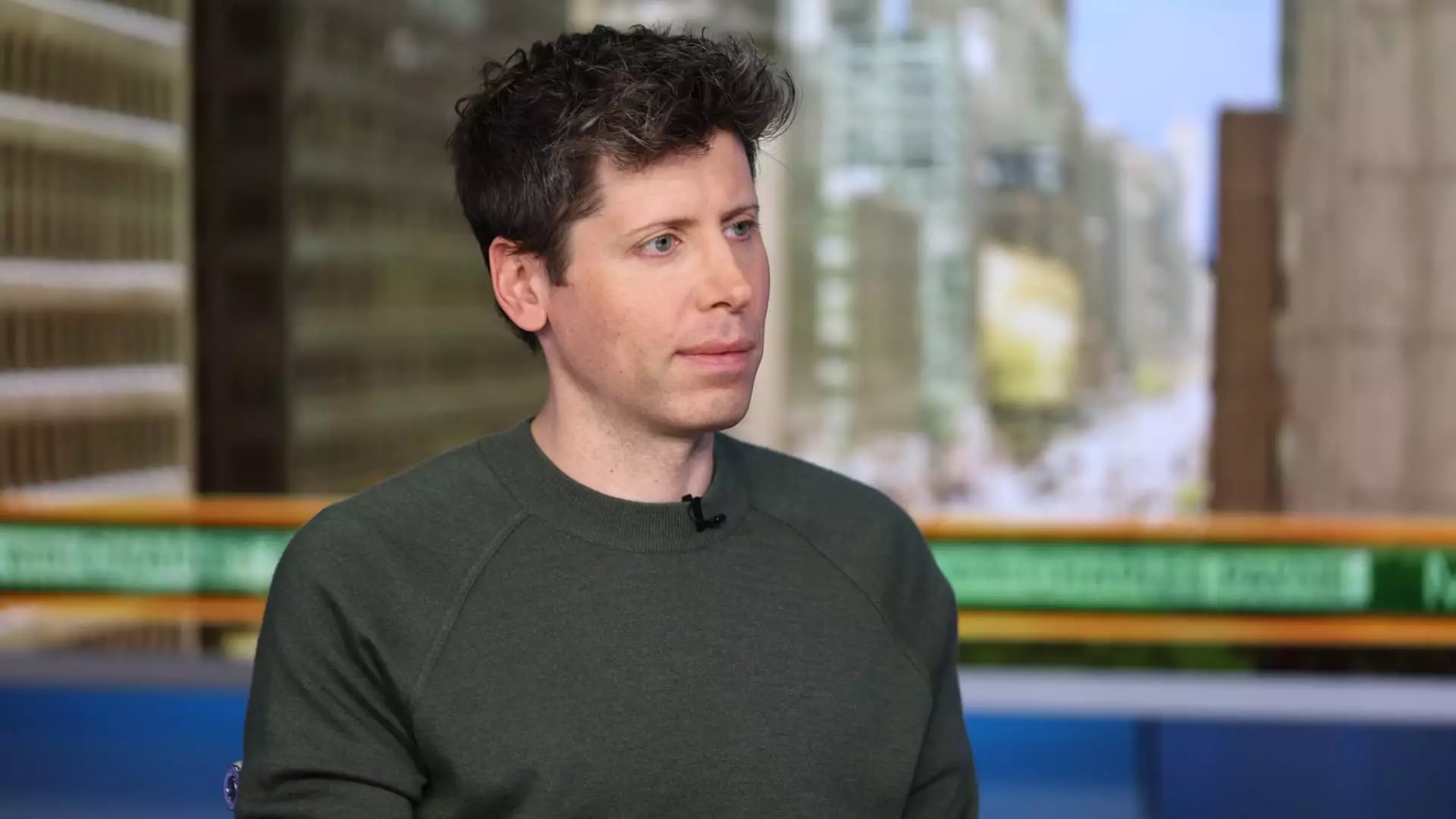In a startling turn of events, Ann Altman, sister of OpenAI CEO Sam Altman, has taken a bold step by filing a lawsuit accusing her brother of severe sexual abuse. According to the suit submitted to the U.S. District Court in the Eastern District of Missouri on Monday, the alleged abuse is said to have occurred repeatedly from 1997 to 2006, beginning when Ann, referred to as “Annie,” was only three years old while Sam was twelve. The lawsuit outlines a disturbing pattern, asserting that the abuse occurred “several times per week,” beginning with inappropriate touching and escalating to oral sex and penetration.
The gravity of these allegations cannot be understated. Ann claims that these traumatic experiences have led to profound emotional consequences, including debilitating mental anguish, depression, and ongoing emotional distress. This assertion raises critical questions about accountability, the validity of the claims, and the broader implications for both family dynamics and societal perceptions of such serious allegations.
In contrast to the allegations made by Ann, Sam Altman and other family members have publicly denied the claims. Their statement, which they shared on the social media platform X, refutes the accusations as “deeply hurtful and entirely untrue.” The family expressed that they have so far abstained from publicly discussing the situation out of respect for Annie’s privacy, but felt compelled to address the lawsuit following its filing.
Moreover, they emphasize that Ann faces “mental health challenges” and allege that she resists conventional treatment, which they claim has contributed to her fractious behavior towards family members. This counter-narrative presents a complex portrait of familial relationships under immense strain, especially when allegations of such a significant nature arise. It invites a deeper examination of the nuances surrounding mental health, accountability, and familial loyalty.
The Broader Context of Sam Altman’s Success
Sam Altman’s rise to prominence as the face of OpenAI has been meteoric, especially with the groundbreaking release of the AI chatbot ChatGPT in November 2022, which has transformed the landscape of artificial intelligence. OpenAI, whose valuation recently soared to $157 billion, has made waves in the tech industry, securing substantial backing from major investors including Microsoft and Nvidia.
However, the height of his success has not insulated him from controversy. In November 2023, Altman experienced a brief ousting from his role as CEO due to internal strife within the organization, only to be reinstated rapidly in response to investor and employee pressure. This incident reflects the volatile nature of leadership in the tech world, where the intersection of innovation and ethical considerations often leads to high-stakes tensions.
Legal Battles: A Tech Executive’s Challenges
The ongoing legal issues facing Sam Altman do not end with his sister’s allegations. Earlier in 2023, Tesla and SpaceX CEO Elon Musk filed a lawsuit against OpenAI and its co-founders, including Altman, citing breach of contract and fiduciary duties. Musk, a pivotal figure in the founding of OpenAI, has since criticized the organization for deviating from its original nonprofit intentions. His litigation seeks to maintain OpenAI’s commitment to its founding principles, posing further questions about the delicate balance between innovation and ethical responsibility in an age when technology evolves at lightning speed.
In a subsequent blog post, OpenAI pushed back against Musk’s allegations, suggesting that he was complicit in the shift towards a for-profit structure back in 2017. This exchange reveals a significant rift not only between former co-founders but also highlights the intense scrutiny that accompanies public figures in the tech industry.
As the legal proceedings evolve, they are likely to spurn public discourse on topics such as familial loyalty, mental health, the responsibilities of public figures, and the often-harrowing implications of abuse allegations. The situation serves as a potent reminder of the need for societal mechanisms that both protect victims and ensure fair treatment for the accused. Moving forward, it will be essential to balance the nuances of personal trauma with the overarching pursuit of justice, ensuring that all parties involved have a platform to express their narrative within the confines of legality and decency.


Leave a Reply